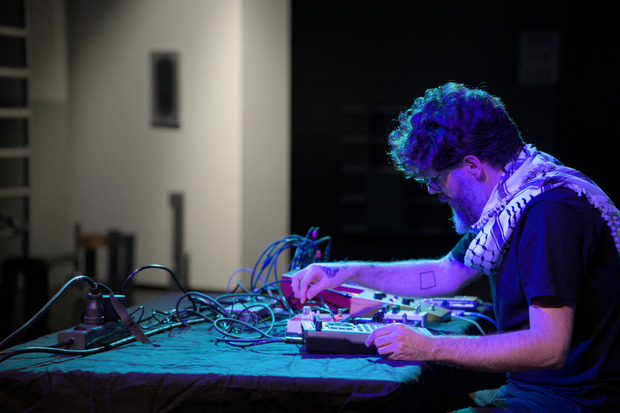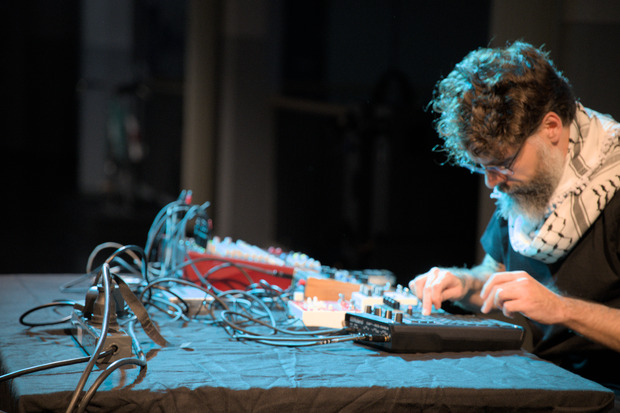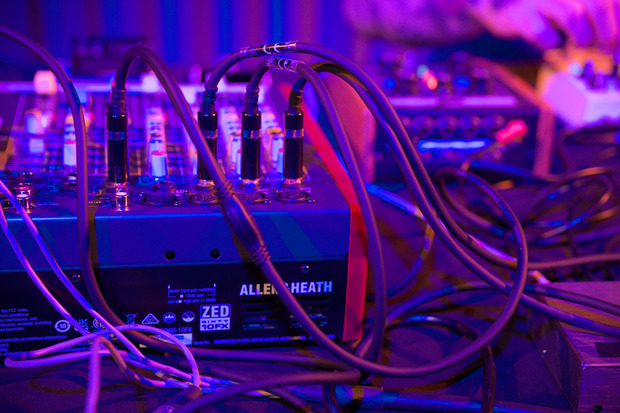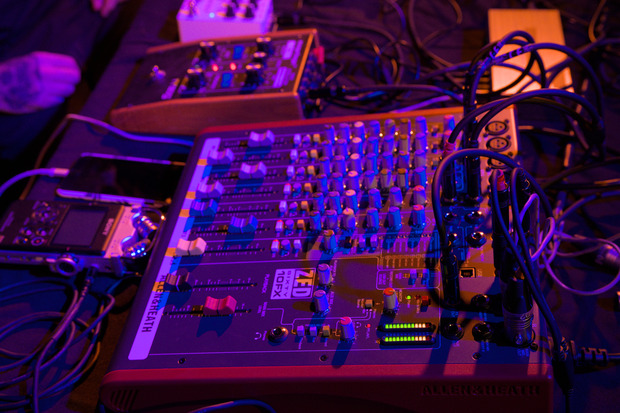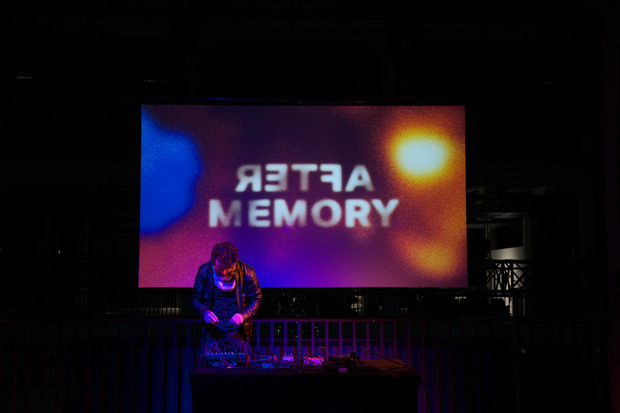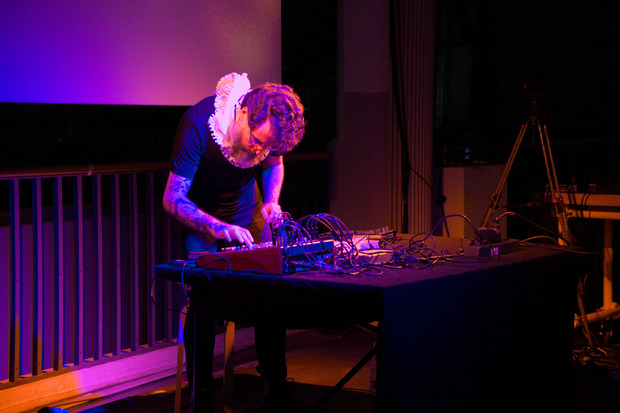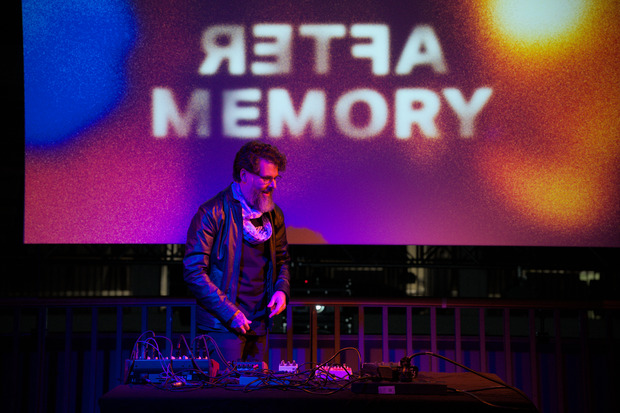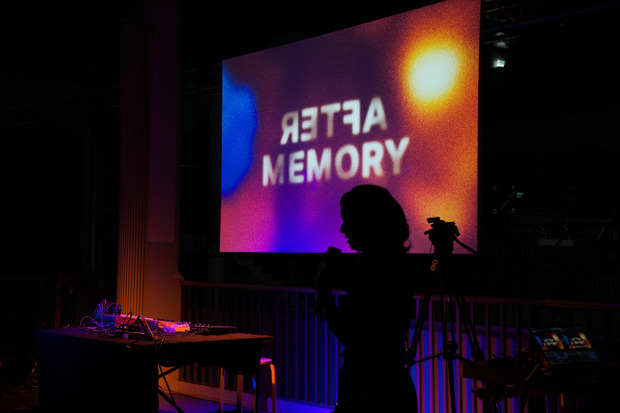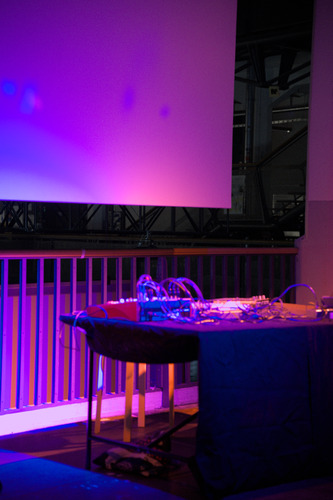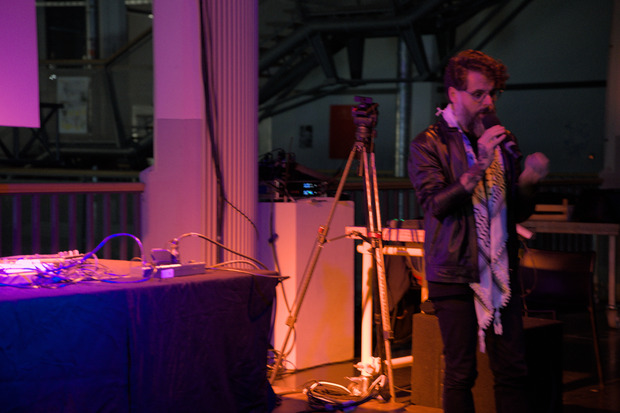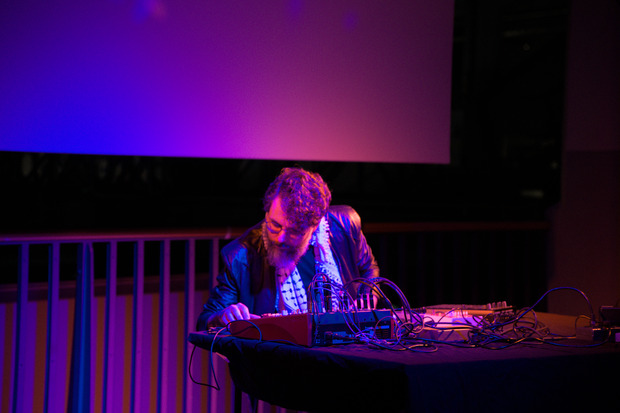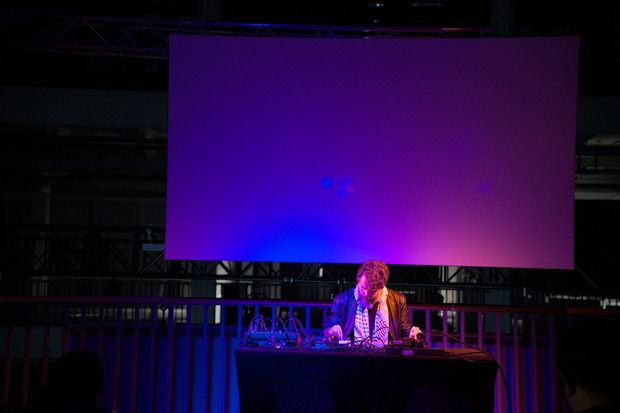Transient #6
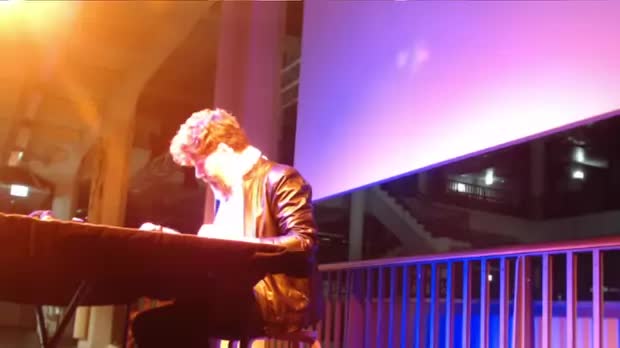
Transient #6
Pedro Oliveira
| Titel |
|
| Titel (en) |
|
| Autor/in | |
| Beschreibung (en) |
|
| Kategorie | |
| Typ des Projekts/Werks | |
| Schlagworte | |
| Datierung |
|
| Ort: Institution | |
| Ort |
|
| Stadt | |
| Land | |
| Internetlinks | |
| Bemerkungen |
|

| Titel |
|
| Titel (en) |
|
| Autor/in | |
| Beschreibung (en) |
|
| Kategorie | |
| Typ des Projekts/Werks | |
| Schlagworte | |
| Datierung |
|
| Ort: Institution | |
| Ort |
|
| Stadt | |
| Land | |
| Internetlinks | |
| Bemerkungen |
|
